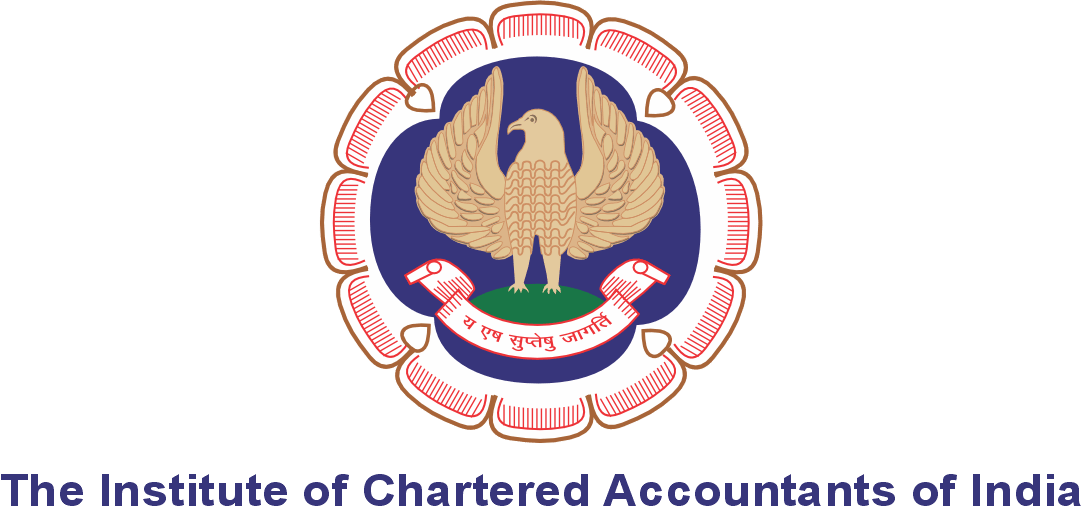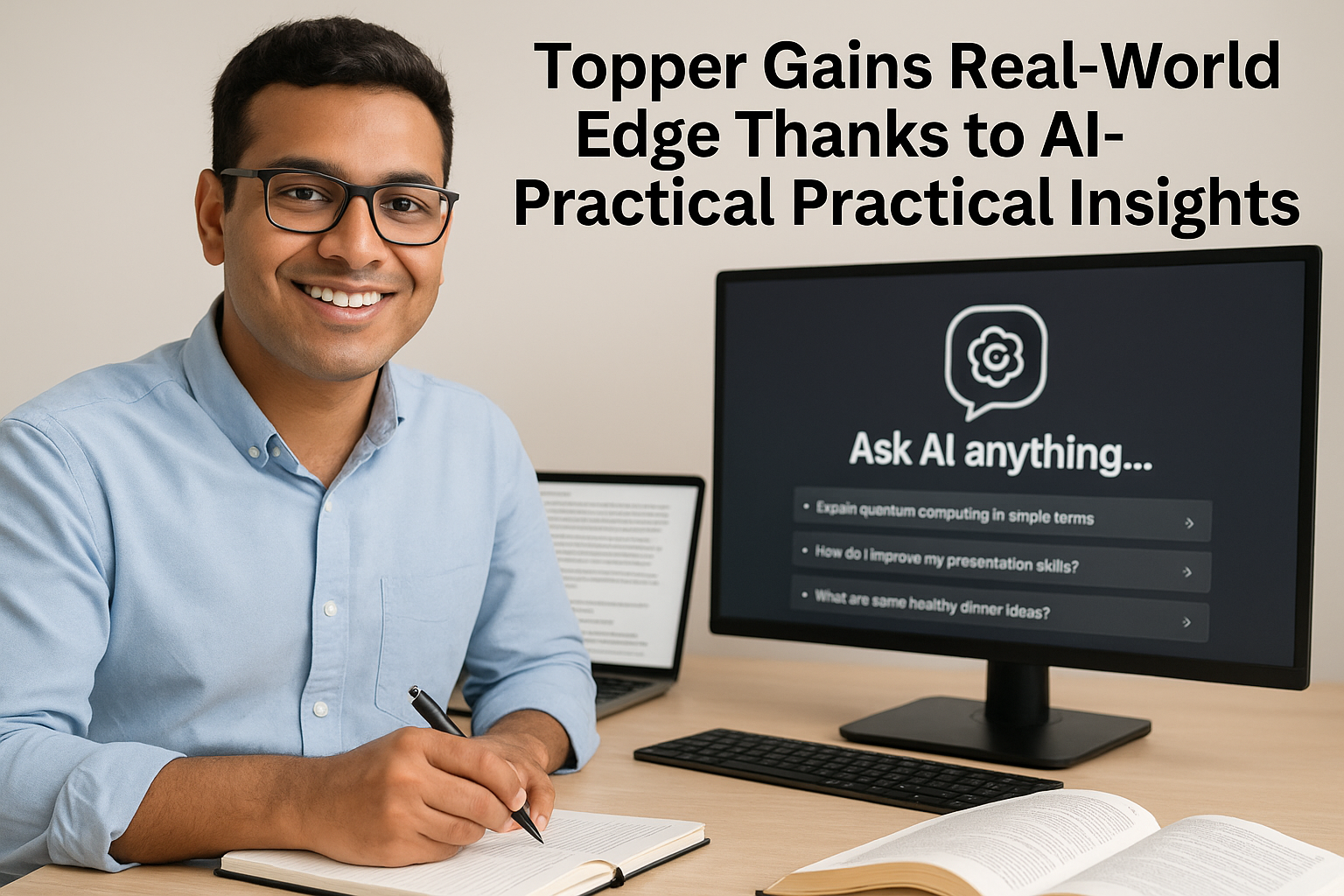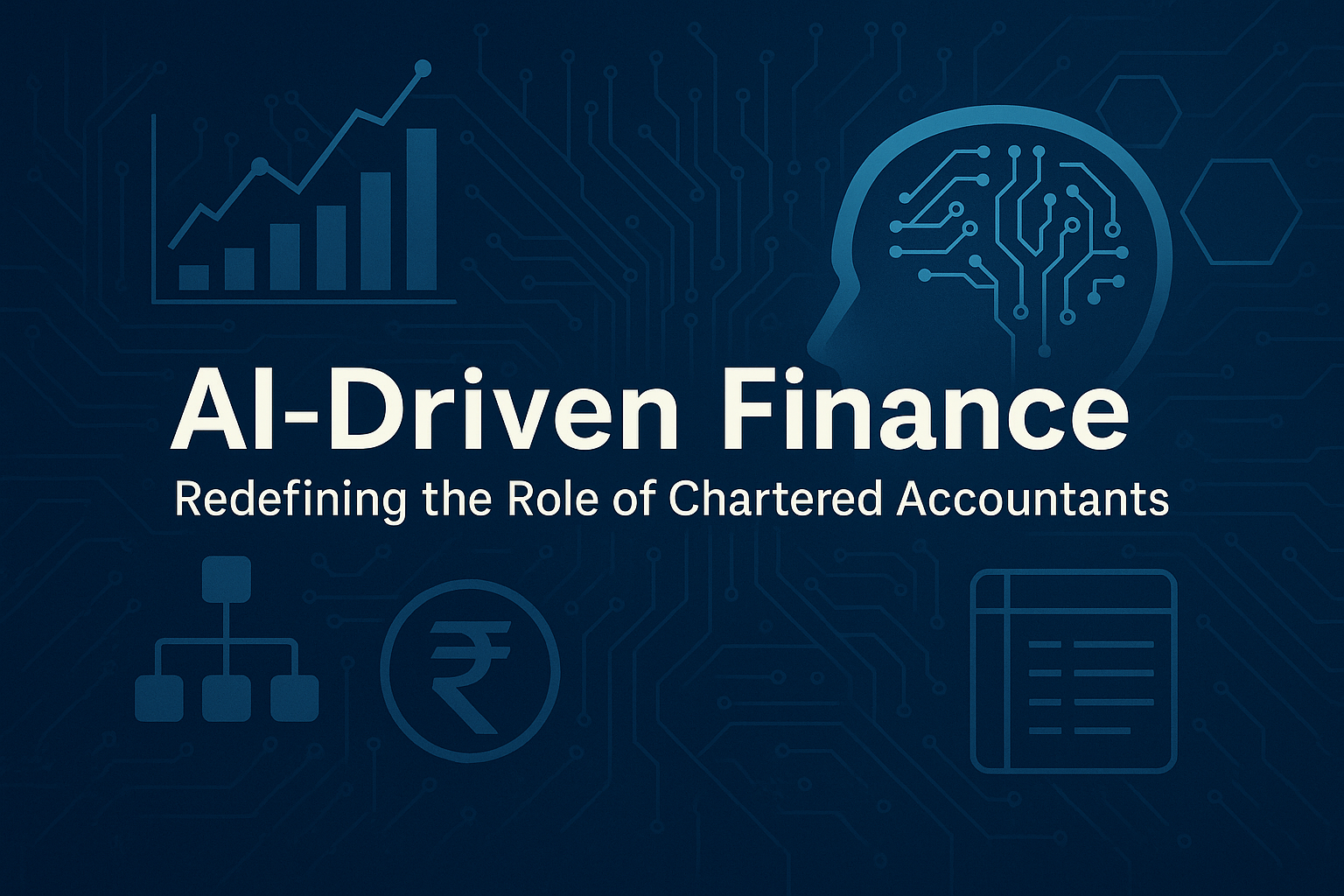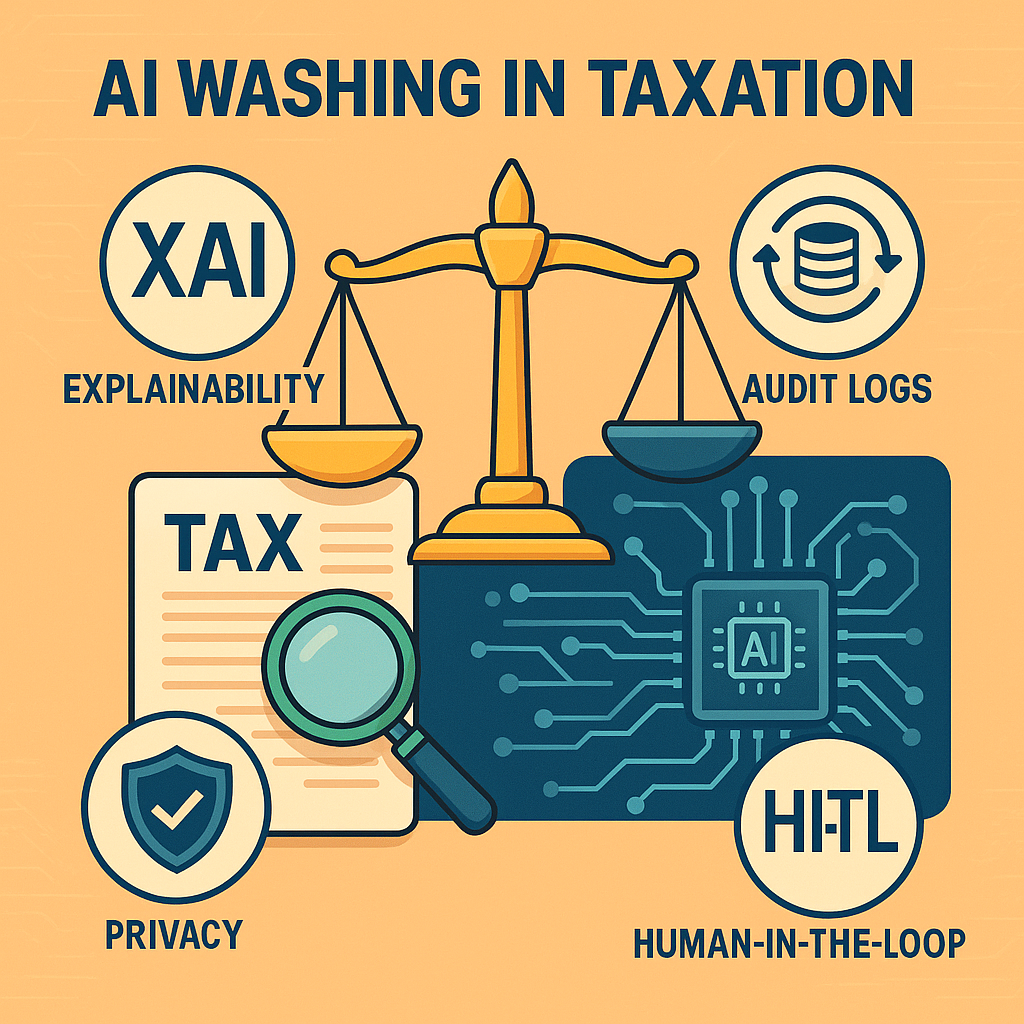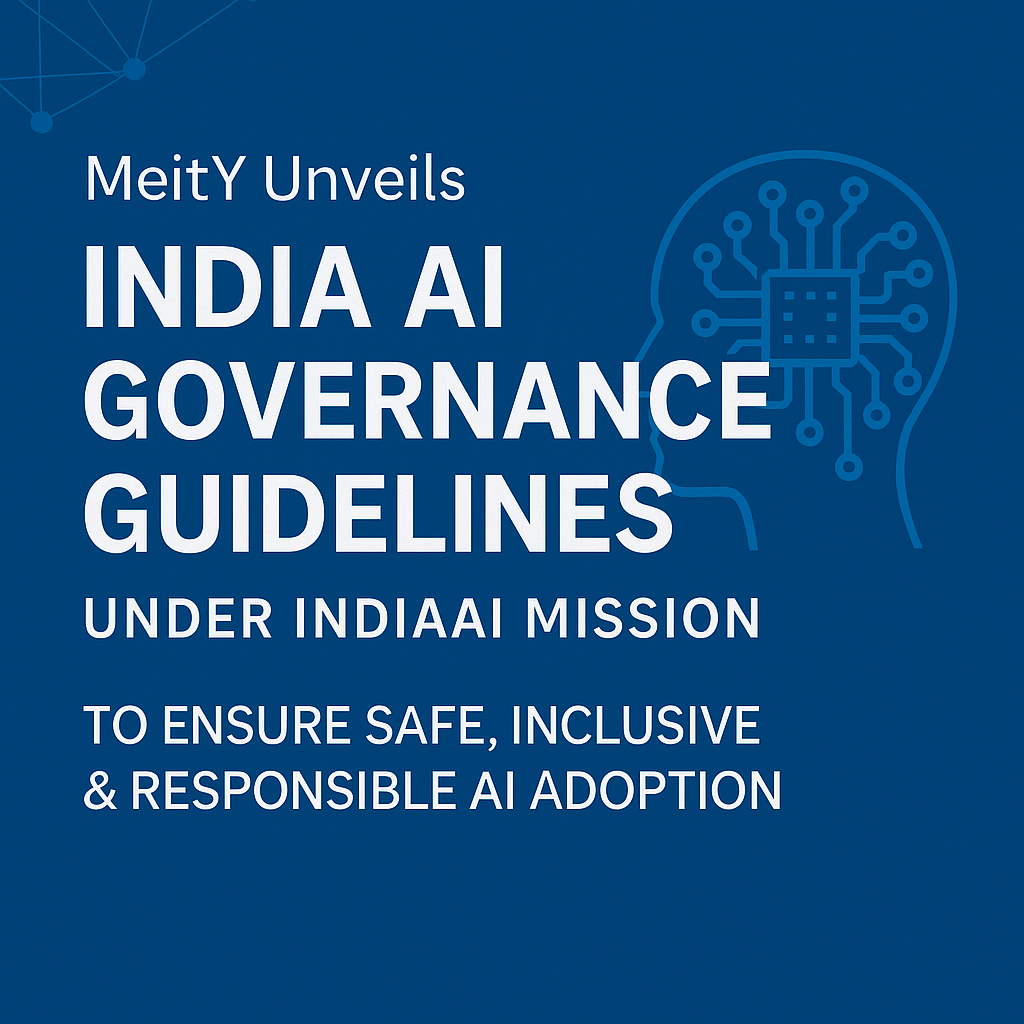. The Candidate’s Journey: From Classroom to Practical Mastery
Rajkeshhi Ghosh, an aspirant who recently secured the top rank among ICAI Final examinees, credited an AI-tool for helping elevate her learning beyond traditional textbooks. Facing the vast syllabus and challenging application-based questions of the ICAI Final, she found that simply memorising theory was insufficient. Instead, by using a guided AI-assistant, she could plug in real-life scenarios related to tax, audit and accounting standards and get structured, practice-oriented responses.
With direct tax being one of her weaker areas, she turned to the AI tool for focused “what-if” drills—such as assessing the tax impact of unusual transactions, analysing audit trail inconsistencies, and modelling board-minutes outcomes under evolving accounting standards. This practical lens helped her internalise concepts rather than just remember them.
She followed a strict routine: waking up early, dedicating two hours daily to AI-driven practice, and closing the day by reflecting on insights gleaned from the tool. Her routine paid off — immune to procrastination and with real-world reinforcement of theory, she entered the exam with confidence and clarity.
2. AI in Accounting Education: A New Era of Strategic Learning
The ICAI has been actively promoting the use of AI and generative technologies in accounting education. According to its website, the institute launched dedicated GPT-based modules and tools for both students and practicing chartered accountants. These tools are designed to fast-track problem-solving, offer real-time query resolution, and enable scenario-based learning — all key to mastering professional competence.
For example:
- Specialized GPT modules aligned with accounting standards, auditing standards, GST and indirect taxes.
- Student-focused AI tools launched in July 2024 covering Foundation, Intermediate and Final levels.
- Industry-specific GPTs that integrate thousands of annual reports and financial data for in-depth sectoral insight.
By embedding these AI-powered resources into their preparation, candidates like Rajkeshhi were able to shift from rote learning to application-oriented thinking — a shift that aligns perfectly with ICAI’s evolving exam and professional landscape.
3. How the AI-Driven Approach Strengthened Her Preparation
Rajkeshhi’s preparation strategy boasted several distinctive aspects:
- Contextual problem solving: Using the AI tool, she simulated real audit-committee scenarios and applied accounting frameworks to arrive at decisions, rather than simply reading the standard.
- Revisions with depth: By generating prompts such as “Assess the tax implications of a non-resident entity investing in a joint venture in India” or “What are the audit risks when a company changes from Indian GAAP to Ind AS?”, she tested her understanding to the next level.
- Time-bound revision cycles: Knowing the length and complexity of ICAI’s Final exam, she used the AI assistant to create micro-tasks (e.g., 30-minute drills) and tracked her improvement over weeks.
- Peer-benchmarking & clarity of weak spots: The AI tool flagged areas where her responses were vague or incomplete, enabling her to refine them. She then looped these weak areas back into her routine until they were solid.
- As she put it: “I would stick to my schedule and complete my studies as planned. The AI gave me a good grip over my subject-areas,” helping her identify and address gaps early.
4. Broader Implications for the Chartered Accountancy Profession
Rajkeshhi’s success story underscores a broader shift in the chartered accountancy field: the move from pure knowledge recall to strategic application, analytical thinking and the use of technology in professional practice. This trend is aligned with ICAI’s vision of embedding AI, analytics and automation into learning and practice.
For students and practising CAs, the message is clear: merely knowing the standards will no longer suffice — one must be able to apply frameworks, anticipate risk, and bring insights to decision-making. Tools that facilitate scenario-based preparation, such as the AI-assistant employed by Rajkeshhi, can provide that edge.
Moreover, for members in practice and industry, the ability to harness AI means they can deliver richer insights to clients, faster turnaround, and better compliance-and-advisory services — all of which contribute to higher value-addition and professional relevance.
5. Key Takeaways & Preparation Tips for Future Aspirants
- Leverage technology early: Incorporate AI-assisted learning tools well before final exam preparation begins.
- Focus on application: Practice not just what the standard says, but how it applies in real-life business, tax or audit scenarios.
- Build consistent habits: Daily prompts, timed drills and reflections proved effective in shifting from theory to action.
- Use feedback loops: Whether AI-generated or peer review, identifying weak spots early helps you correct course.
- Balance depth with coverage: While revision breadth is important, depth of understanding and “why” you apply a principle matters even more than “what” it states.
Conclusion
This story of a top-ranking ICAI Final candidate illustrates how blending traditional CA preparation with advanced AI-enabled tools and strategy can produce outstanding outcomes. As the accounting profession evolves, aspirants who adapt — not just to the syllabus, but to the mettle of application, analysis and insight generation — will lead the charge. With platforms such as the ICAI’s AI-driven GPT initiatives offering new pathways, the future of chartered accountancy in India is being re-defined for the digital age.
Source:ICAIGPT
